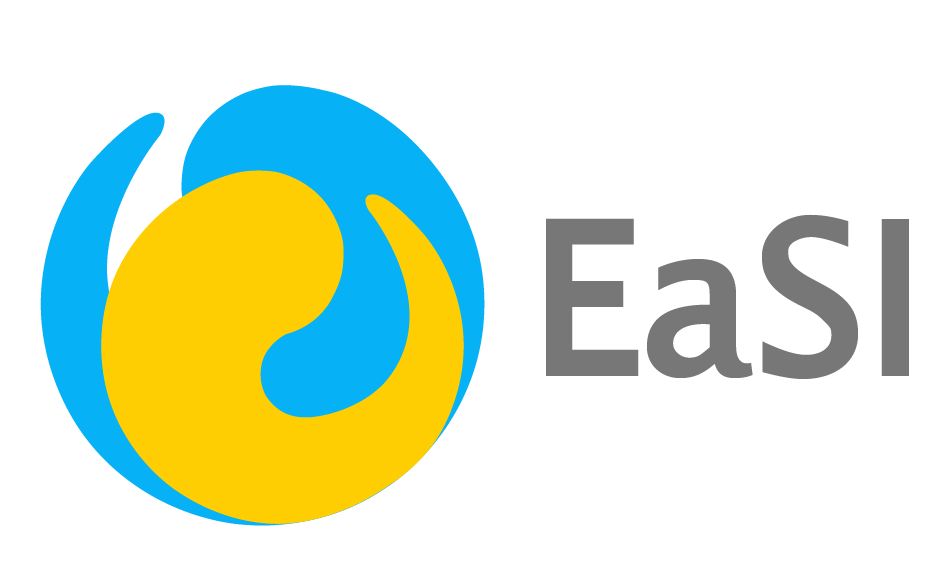Tast’Age
Transnational Approach to professional Skills development and vocational Training on better nutrition and prevention of malnutrition in the AGEing population

TAST’AGE addresses the topic of training professional on the challenge of malnutrition in older people. The goal is to provide professionals working around older people (healthcare professional, medico-social professionals, homecare services) with an adapted training offer and facilitated access to learning resources through a best-practice digital toolbox on the topic of providing a better alimentation, prevention, and solutions to fight against malnutrition in older people aged over 65.
Project objectives
The specific objectives of the project are:
- To provide high quality vocational training to better fight against malnutrition in people over 65;
- To offer open and flexible access to learning and training materials and best practices to improve professional practices;
- Encourage the uptake of digital learning and digital tools in vocational training;
- Encourage transnational and multidisciplinary exchanges between partners of different countries and expertise facing joint challenges.
Project results
The main results of the Tast’Age project will be:
A new and innovative vocational training programme addressing key challenge of malnutrition in older people and filling-in the gap of training offer in the field
The implementation of training modules tested and accessible as face-to-face courses and online courses.
The creation of a a best practice digital toolbox.
Promoter
EURASANTE, France
Partners
AFEJI HAUTS-DE-FRANCE, France
APROXIMAR- COOPERATIVA DE SOLIDARIEDADE SOCIAL, CRL, Portugal
Asociatia Profesionala Neguvernamentala de Asistenta Sociala ASSOC, Romania
ASOCIATIA EUROPEAN ASSOCIATION FOR SOCIAL INOVATION, Romania
Xenios Polis. Culture, Science and Action, Greece
CENTRO SUPERIOR DE FORMACION EUROPA SUR, Spain
Timeframe
01/09/2022 – 31/08/2025 (36 months)

